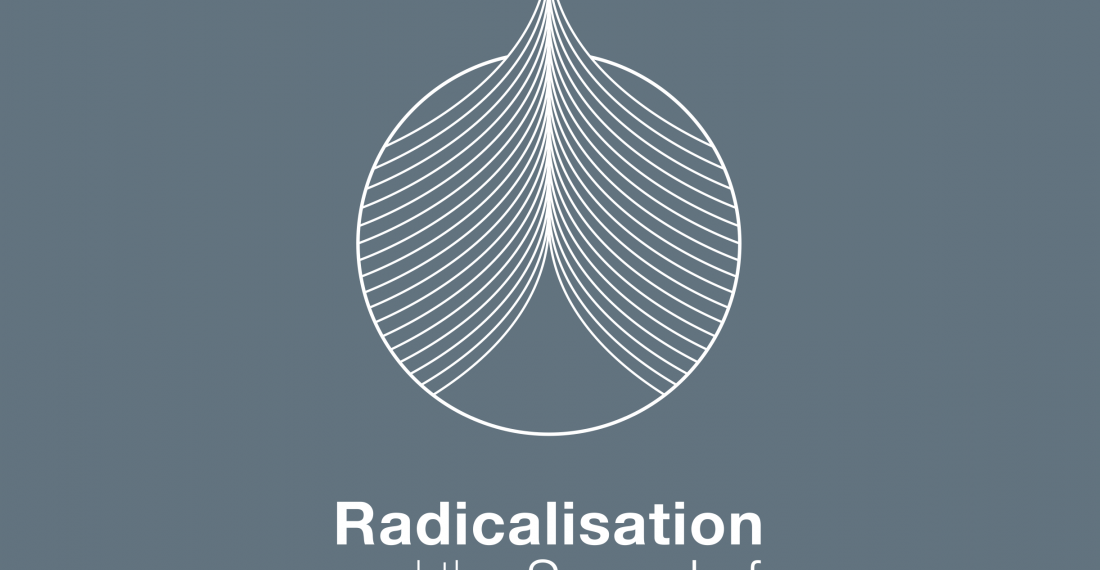As terrorist attacks hit Europe once more, a new publication looks at the global rise of radicalisation, and its consequences
On 28 November 2019 a roundtable meeting was held in The Hague with the participation of experts in the field of radicalisation and violent extremism from Europe and the Middle East, to discuss the global proliferation of radical ideologies leading to violence.
The event was organised by LINKS Europe in association with the website and intellectual hub European Eye on Radicalization (EER). Participants included war and terrorism journalists; academics specialising in identity, extremism, security and human rights; human security and conflict mediation experts; policy advisors and conflict mediation practitioners; and religious scholars.
LINKS Europe and EER are now delighted to publish 'Radicalisation and the Spread of Violent Conflicts: Trends, Developments and Responses in Europe and the Middle East - a compendium of essays', featuring contributions from a number of the roundtable's participants. The topics represented in this compendium reflect their contributions during last year's roundtable, raising important and varied considerations over the global rise of radicalisation and how it can be tempered in order to avoid the inevitable slide into violent conflict.
The publication can be accessed in full here







